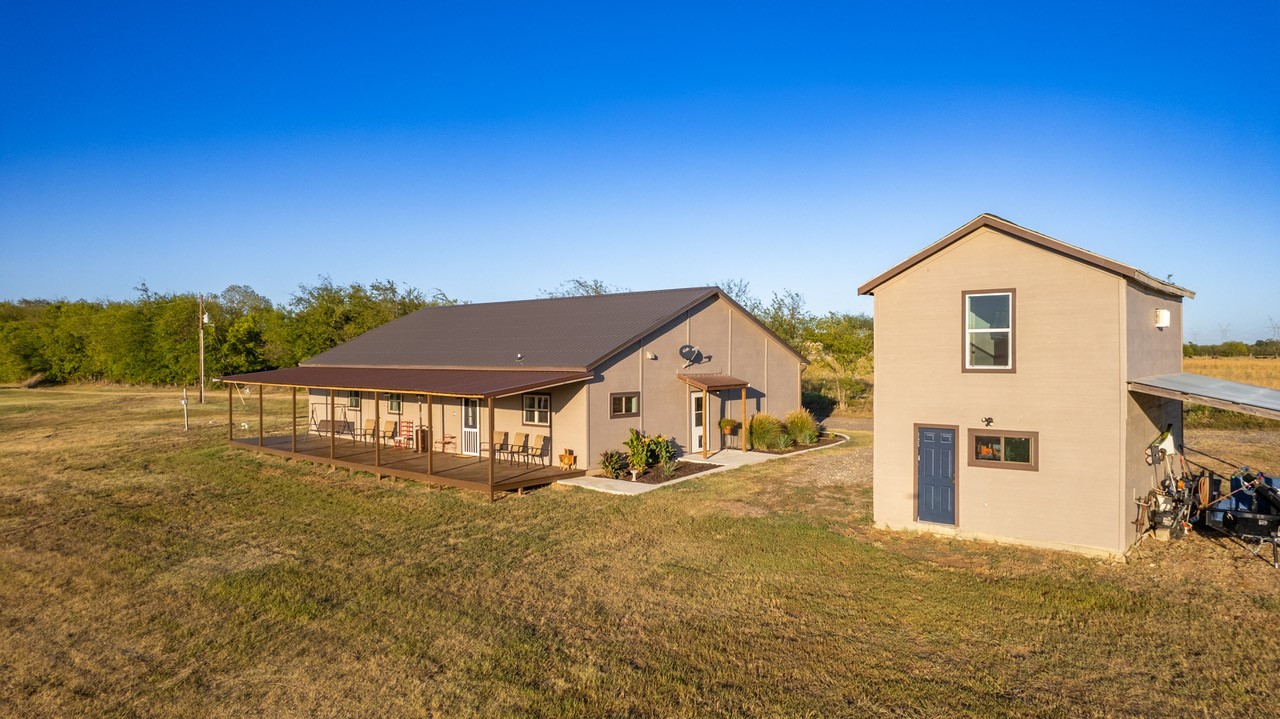Are You Missing Out on this Available Tax Break for Homeowners

 For those who have owned property for more than a year, you’ve been impacted by property taxes. Even though there is no state property tax in Texas, there is a locally assessed and locally administered property tax. And if you’re a new homeowner, you may have received sticker shock when opening that first tax bill. Your locally assessed property taxes are based off the value of your home. That means, what you paid for your home at closing is the value for determining your current property tax.
For those who have owned property for more than a year, you’ve been impacted by property taxes. Even though there is no state property tax in Texas, there is a locally assessed and locally administered property tax. And if you’re a new homeowner, you may have received sticker shock when opening that first tax bill. Your locally assessed property taxes are based off the value of your home. That means, what you paid for your home at closing is the value for determining your current property tax.

If real estate prices in your area have went up since the last purchase (by the previous owner), your taxes may substantially cost you more than what the former owners paid. That is because the house sold at a much higher value when you purchased it than what was on the tax rolls (with the previous owner). Which means, a high demand for homes in your area can cause significant increases to the value of what you pay for a home, which in turn causes bigger increases in your tax bill. All the more reason to ensure you take advantage of any tax breaks or exemptions available to you.
How does a Homestead Exemption work?
A Homestead exemption works by deducting or removing part of the value for your home from being taxed. For example, if a home was valued at $400,000 and received a $40,000 exemption, that home would only be taxed at $360,000.
What are the requirements?
Well, the first part is the most obvious—you must own the home. But the second part requires the home be your primary residence. Also, a Homestead exemption only applies to one home, in or outside of Texas. So you may own a vacation home or additional residential properties, but a Homestead exemption can only be applied to one home that you claim as your primary residence.
If I inherited a property, am I eligible?
Maybe. If you are listed on the deed and want to make this your primary residence, you’ll need to verify by checking with the County appraisal office where Homestead exemptions are filed. If you are not on the deed, according to the Texas Comptroller:
An heir property owner not specifically identified as the residence homestead owner on a deed or other recorded instrument in the county where the property is located must provide:
- an affidavit establishing ownership of interest in the property
- a copy of the prior property owner’s death certificate
- a copy of the property’s most recent utility bill
- a citation of any court record relating to the applicant’s ownership of the property, if available

Can manufactured homes, condo’s, or home on land receive a Homestead Exemption?
Yes. A residential homestead can be a separate structure, condominium or manufactured home on land that is owned or leased land. In keeping with the requirements, you must also live at this address and use it as your primary residence. If your home also sits on land, the exemption can include up to 20 acres so long as it is being used as your homestead for the purpose of residential use and is your main residence. In other words, residential use only, not portions used for business as stated, on the Texas Comptroller’s site under the Residence Homestead tax code section 11.13, “The exemption applies to those portions of the house actually used as a residence, as opposed to business or other use.”
Where do I apply?
Go to your local appraisal district (the County were the property is located) with your application for Homestead exemption and any supporting documentation.
Is there a deadline?
Yes. Generally, the deadline is no later than April 30th. However, if the home did not already have a homestead exemption when you bought the home, you can immediately file once you’ve closed on the property.

In addition to a Homestead exemption, there are other tax exemptions you can look into as well. Such as the Age 65 or Older or Disabled Exemption, a Disabled Veterans and Surviving Spouses of Disabled Veterans Exemption, and the Surviving Spouses of First Responders Killed in the Line of Duty Exemption. If in doubt, you can always call the county appraisal office where the property is located for more information. Or you go here to read more about exemptions: https://comptroller.texas.gov/taxes/property-tax/exemptions/
About the Contributor: Tonya Bradford brings 17-plus years of experience as a real estate agent, assisting buyers and sellers in the Northeast Texas area. Her tenacious attitude also served her clients for 9 years as an insurance agent for Farm Bureau in Cooper, Tx. Having lived on a farm for over 40 years, Tonya is familiar with all aspects of the beef cattle industry, hay production, dairy cattle industry, poultry production, and row crop farming. Her continued commitment to helping her customer find their new home or farm and ranch, are what most excite her. Put her dedication, and love of real estate, to work for you!














